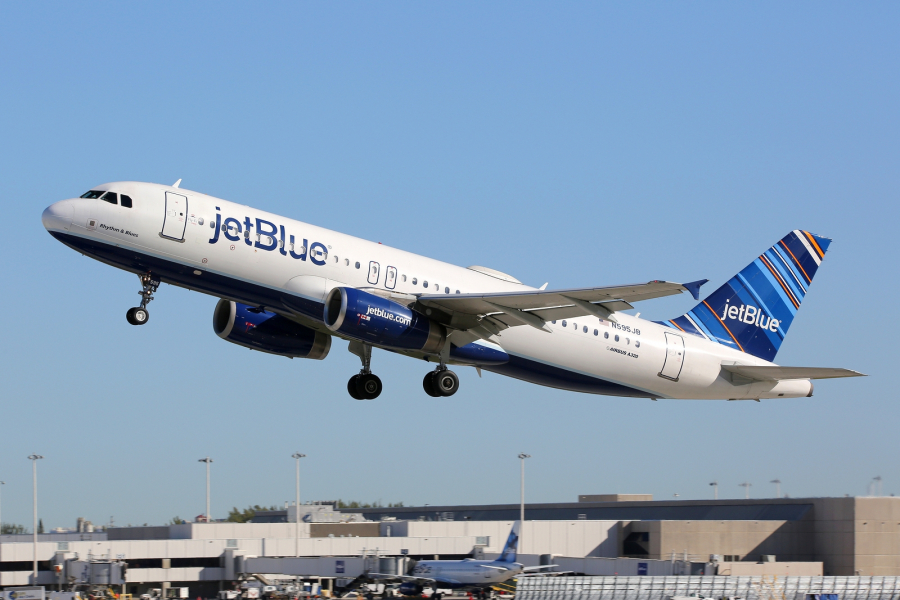JetBlue (NASDAQ: JBLU), the sixth largest airline in America, is battling a pilot shortage of pilots with its training program Gateway Select. Touted as the first pilot training of its kind in the U.S, Gateway Select offers candidates with little to no experience in flight a chance at the control wheel. Current trainees, composed of people who have had non-aviation occupations, include a grocery-store clerk, accountant, baggage handler and a heavy-equipment operator.
The program will offer pilots classroom instruction on topics such as meteorology and aerodynamics, time in flight simulators and practice sessions flying. Based off training methods used by the American military, as well as Asian and European airlines, the program aims to train students "from the beginning." Following the training, the students will immediately be hired to work at the New York-based aviation company.

Entering its second year of applications, the Gateway Select program has been deemed successful. There are currently six members who have completed the Gateway Select program to become private pilots. As they obtain the mandatory 1,500 hours of flight required to fly a plane for a carrier, the six pilots will train other pilots. Warren Christie, JetBlue senior vice president of safety, security and air operations, expressed his approval of the program, asserting that JetBlue has "six others to attract to recruit pilots. This one has been very successful. It opens up aviation careers to individuals that otherwise might never have had the opportunity."
According to the American aircraft company Boeing (NYSE: BA), airlines will require about 117,000 pilots needed in America (with 637,000 new pilots needed worldwide) to keep up with airline passenger growth over the next 20 years. Unfortunately, U.S airlines are projected to run out of available pilots within 3 years, according to a study by the University of Dakota's Aviation Department. The reason behind the shortage are the inevitable retirement of pilots who have reached the mandatory retirement age of 65, along with millennials' decreasing desire to become pilots. Southwest Airlines Co. (NYSE: LUV) senior manager Greg Muccio expanded on the pilot shortage, stating "The biggest problem is a general lack of interest in folks pursuing this as a career anymore. That's what puts us in the most jeopardy."
Along with the generational gap of aviators, the federal requirement of 1,500 of flying time has made the hiring process for new pilots even more difficult. Due to the 2013 Federal Aviation Administration rule, regional airlines must hire pilots that have completed the required hours of flying time. Prior to the rule, the required amount of flight practice was 250 hours. In response to increased amount of required hours added, many airlines have expanded their signing bonuses and partnered with flight schools to attract future pilots.
JetBlue's Gateway Select program has proven to be a unique method of increasing the amount of future pilots through training. However, the expensive cost of the approximately $125,000 four-year program still deters many from signing onto the program. Nevertheless, the program will choose 24 candidates again by the end of this year and begin training in early 2018.

